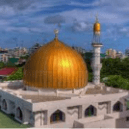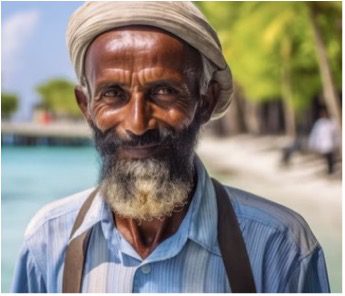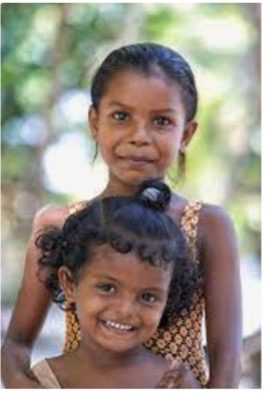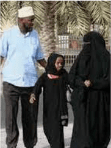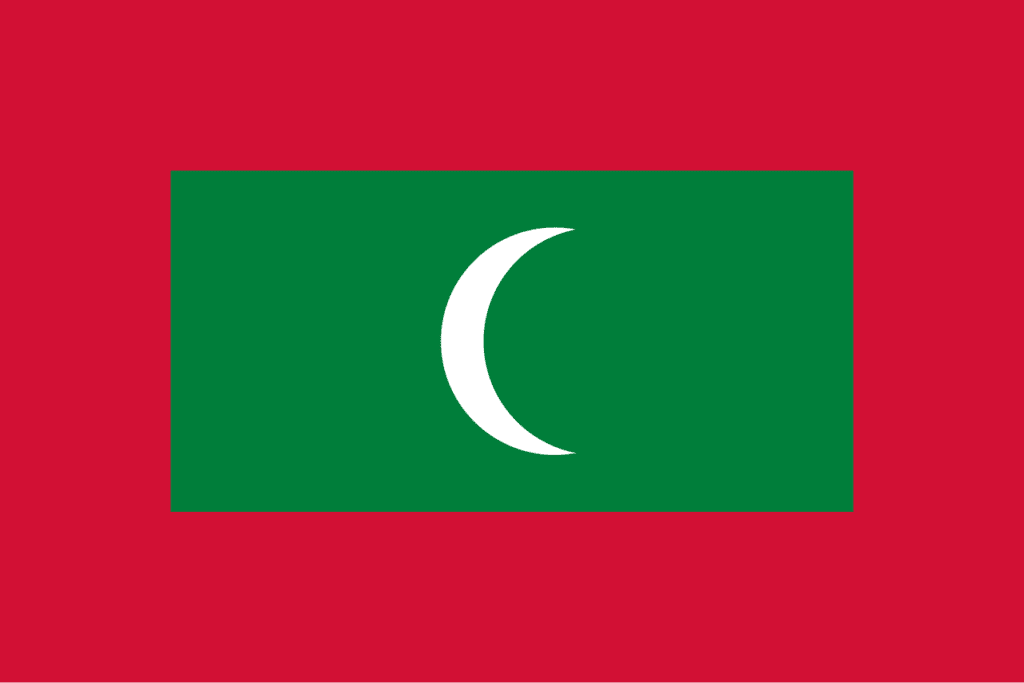
Maldives
A brief Biblical History of the Indian People (and by extension, Sri Lanka and Islands of Maldives): The region of India, beginning with the Indus valley, was populated early after the events at the Tower of Babel in Ge 11:8. As peoples left Babel, some migrated by land to the subcontinent of India—others likely came by boat.
Some of Noah’s descendants who can be traced to India include many of the sons of Joktan through the lineage of Shem. The sons of Joktan were Almodad, Sheleph, Hazarmaveth, Jerah, Hadoram, Uzal, Diklah, Obal, Abimael, Sheba, Ophir, Havilah, and Jobab. They originally settled in the Arabian Peninsula and then, as Arab records afford, 11 of these 13 sons’ family groups continued to migrate over to India, Sri Lanka, Maldives (and beyond?).
The Coptic name for India is Sofir (think Ophir with an “s”)—Ophir (named for one of Joktan’s sons) was famous for its gold! A Jewish historian from about 2,000 years ago writes:
“Solomon gave this command: That they should go along with his own stewards to the land that was of old called Ophir, but now the Aurea Chersonesus, which belongs to India, to fetch him gold.”
India is the source of the famed port of the famous gold of Ophir mentioned in the Bible (1Ki 9:28, 10:11, 22:48; Job 22:24, 28:16; Isa 13:12). Considering that each of these sons (and others who settled here) brought an entire language family with them to India, it would make India a “melting pot” of languages. For those who know India, it is, even to this day.
The Maldives is an independent island-country in the north-central Indian Ocean. It consists of a chain of about 1,200 small coral islands and sandbanks (some 200 of which are inhabited), grouped in clusters, or atolls. The population of Maldives (est. in 2024: 544,000) belongs almost entirely to the Maldivian ethnic group, which is the result of various peoples settling in the islands successively through the country’s history. The first settlers, it is generally believed, were Tamil and Sinhalese peoples from southern India and Sri Lanka. Traders from Arab countries, Malaya, Madagascar, Indonesia, and China visited the islands through the centuries. The official language is an Indo-European language called Dhivehi (or Maldivian); Arabic, Hindi, and English are also spoken. Islam is the state religion. More than half of the population is considered rural. With the exception of those living in Male, the only relatively large settlement in the country, the inhabitants of the Maldives live in villages on small islands in scattered atolls. Only about 20 of the islands have more than 1,000 inhabitants, and the southern islands are more densely populated than the northern ones.
The country’s oppressive anti-Christian government and culture make it one of the world’s most challenging regions for Christian work. Seekers and new converts experience extreme social pressure. Small, close-knit island communities enable the government to maintain tight control over the population. Christian converts have been imprisoned in attempts to pressure them to renounce Christ and return to Islam, and they are usually forced to leave their homes and perhaps even the country.
It is illegal to import Bibles, but some Maldivians access Scripture through the internet. Translation of the Bible into Dhivehi, the main language of the Maldives, is ongoing, but the work has been difficult and slow because of the small number of Christian converts.
PRAYERS FOR Maldives
- Pray for those working to translate the Bible into Divehi, the Maldivian language.
- Pray for creative ways to minister in this hard-to-reach country.
- Pray that God will grant wisdom to front-line workers in the country.
- Pray that new believers will have a good support network and grow in faith.
- Pray for an increase in Christians willing to work in the country.
More Prayers
- Tourists see the Maldives as an island paradise, but a darker reality hides below the surface. Powerful social and official forces limit freedom of expression and belief. The Maldives has one of the highest divorce rates in the world. Crime rates and gang activity both continue to rise. Child abuse and teenage drug abuse (among up to 70% of teens) indicate deep problems. Islam is the only recognized religion, and the government forbids open practice of all other religions. But beyond Islamic beliefs, many people follow occult practices called Fanditha. Pray for the light of the gospel to shine among Maldivians. Pray against strongholds of pride, fear, and selfish pursuit of physical pleasures.
- Coral mining and rises in sea temperatures have killed much of the coral that is the foundation of these islands. The 2004 tsunami and the 2008-2009 economic downturn demonstrated how fleeting life on these islands could be. Pray that this would cause many to seek eternal assurance obtainable only through Christ.
- The desire to honour human rights and increase freedoms has been expressed by the current government, but freedom of religion is highly unpopular and violent opposition to it has been promised. Grassroots religion has shifted in a decidedly Islamist and Arabized direction, losing its indigenous Maldivian roots. Pray for the future of the people of the Maldives, torn between oppressive religion and empty freedoms.
- The Maldivians are still among the least evangelized on earth. Neither mission work nor Christian literature has ever been allowed. Paradoxically, the government denies the existence of Christianity among Maldivians while arresting those who do believe. The perception of Christianity is so bad (largely due to Western media and tourist immorality) that political opponents use the term “Christian” to slander one another. Pray for the true name and nature of Jesus to be made known in this nation. Pray that the state’s contradictions and heavy-handedness toward Christianity would generate great curiosity


